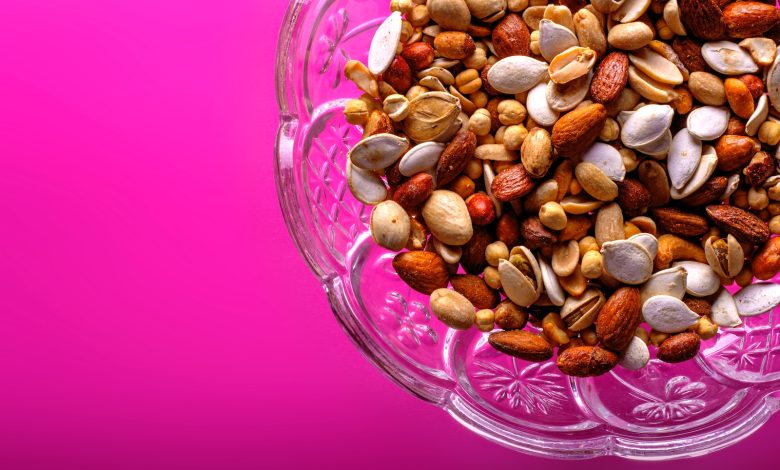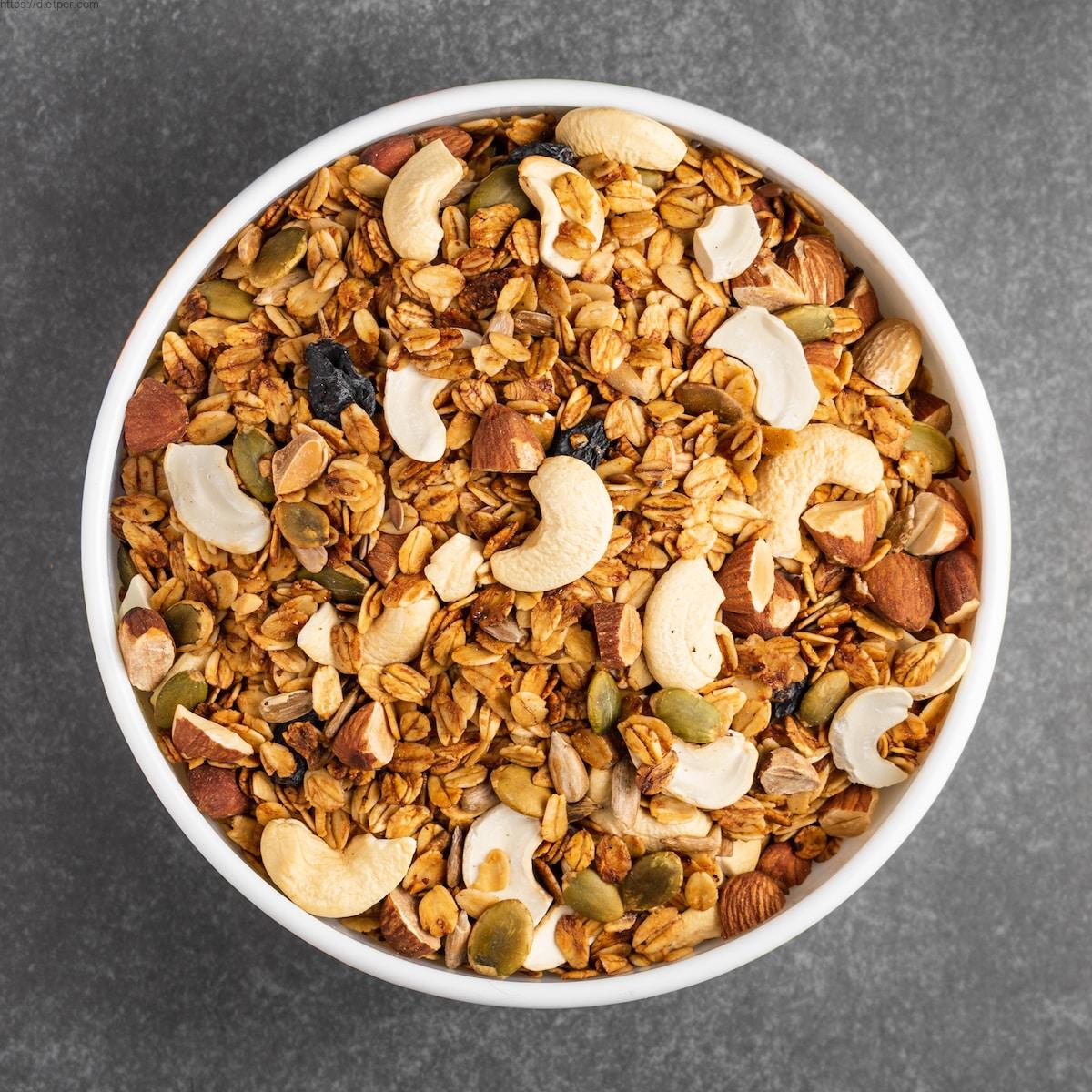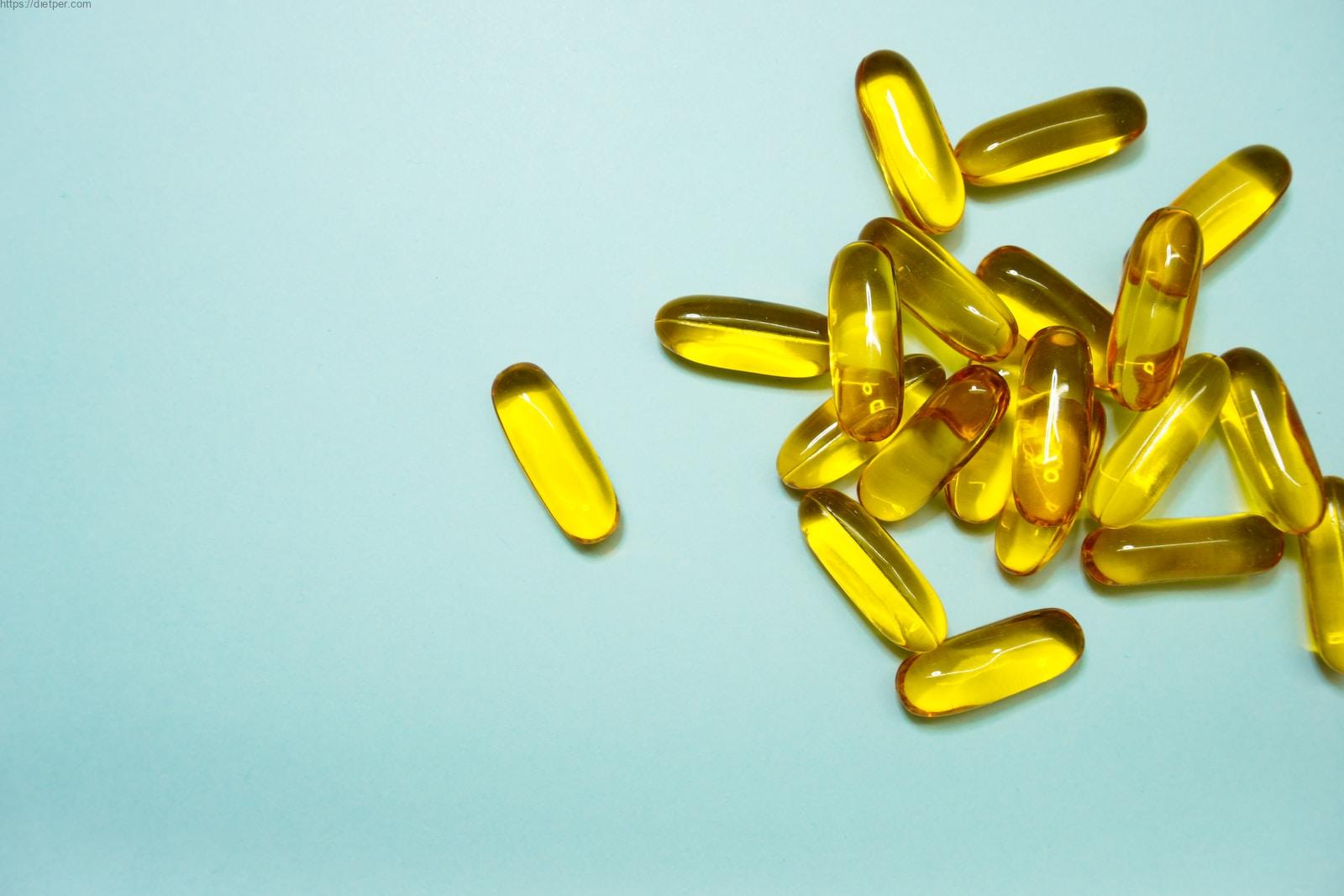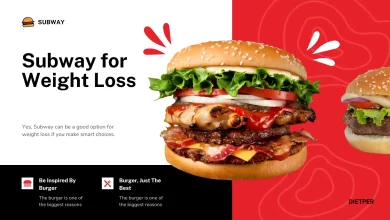17 Important Nutrients that Do not Supply Energy in 2023
Unlocking Vitality: The 17 Essential Nutrients That Fuel Health Without Providing Energy

Nutrients Do Not Supply Energy: When we think about nutrition, we often focus on the energy-giving components of our diet. However, the intricate workings of our body rely on a diverse range of essential nutrients, not all of which contribute to energy production. 17 key nutrients play pivotal roles in various bodily functions without directly providing Energy.
17 Major Nutrients that Do not Supply Energy
Vitamins: Micro Powerhouses with Macro Effects
Vitamins are micronutrients that the body needs in small amounts to function optimally. As coenzymes, they assist enzymes in numerous biochemical reactions, ensuring the smooth operation of vital processes like metabolism, immune defense, and tissue repair. Vitamin C, for instance, boosts immune function, while vitamin D supports bone health and hormonal balance.
Minerals: The Silent Supporters of Vital Functions
Minerals might be required in trace amounts, but their significance must be recognized. For instance, calcium, magnesium, and phosphorus are essential for maintaining strong bones and teeth. Meanwhile, iron is a crucial component of hemoglobin, the molecule responsible for oxygen transportation in the blood.
Water: Quenching More Than Thirst
While water is not traditionally labeled a nutrient, its role is paramount. As the body’s primary solvent, water is involved in almost every physiological process, from digestion and nutrient transport to temperature regulation and waste elimination. Hydration is fundamental for maintaining blood volume, cognitive function, and overall bodily equilibrium.
Fiber: Digestive Dynamo
Fiber is a type of carbohydrate that the body cannot break down. Despite its non-caloric nature, it’s an unsung hero in maintaining digestive health. Soluble fiber forms a gel-like substance that slows digestion and aids nutrient absorption. In contrast, insoluble fiber adds bulk to stool, preventing constipation and promoting a healthy gut.
Phytonutrients: Plant Allies for Wellness
Phytonutrients are biologically active compounds found in plants. These include flavonoids, polyphenols, and carotenoids. While they don’t provide Energy, they possess potent antioxidant and anti-inflammatory properties. Quercetin, a flavonoid, supports heart health, while lycopene, a carotenoid, is associated with a reduced risk of certain cancers.
Omega-3 Fatty Acids: Fats That Fuel Health
Omega-3 fatty acids, a type of polyunsaturated fat, are essential for various bodily functions. They contribute to heart health by reducing inflammation, improving cholesterol levels, and supporting blood vessel function. Additionally, they play a role in brain development and cognitive function.
Most Rated Topics :
- Vegetarian Diet : 7-Day Meal Plan and Delicious Recipes
- The TLC Diet: Lowering Cholesterol for a Healthier Heart
- The 2468 diet: How to eat like a millionaire ?
Amino Acids
Amino acids are the building blocks of proteins. While proteins provide Energy, individual amino acids can be used for purposes other than energy production, such as building and repairing tissues, producing hormones, and supporting immune function.
Vitamin D
Vitamin D is a fat-soluble vitamin crucial in calcium absorption and bone health. It also contributes to immune function and has been linked to other health benefits, such as reducing the risk of certain diseases. While it supports overall health, it does not provide Energy directly.
Vitamin K
Vitamin K is essential for blood clotting and bone health. It helps activate proteins that are involved in these processes. While it’s vital for maintaining proper bodily functions, it doesn’t contribute to energy production.
Vitamin E
Vitamin E is an antioxidant that helps protect cells from damage caused by free radicals. It also supports immune function and skin health. Despite its important role in maintaining health, it does not supply Energy to the body.
Choline
Choline is a water-soluble nutrient vital for various functions, including cell membrane structure, neurotransmitter synthesis, and fat metabolism. It’s consider an essential nutrient because the body cannot produce enough to meet its needs. While it’s involve in critical processes, it does not provide Energy.
Trace Minerals
In addition to the essential minerals like calcium, iron, and magnesium, there are trace minerals that the body requires in very small amounts. These include selenium, copper, manganese, and iodine. They play essential roles in enzyme activity, thyroid function, and antioxidant defense, among other functions. Like other minerals, they are not sources of Energy.
B Vitamins
In addition to their role as coenzymes in various metabolic reactions, B vitamins such as thiamin (B1), riboflavin (B2), niacin (B3), pantothenic acid (B5), pyridoxine (B6), biotin (B7), folate (B9), and cobalamin (B12) are essential for processes like energy metabolism, red blood cell formation, and nerve function. While they indirectly aid in energy production, they do not supply energy.
Iron
Iron is necessary for oxygen transport in the blood as part of hemoglobin and myoglobin molecules. It’s crucial for preventing anemia and supporting overall energy levels, but it doesn’t directly supply Energy.
Zinc
Zinc is an essential mineral that plays a role in immune function, wound healing, and DNA synthesis. It’s require for the activity of numerous enzymes and proteins in the body, but it doesn’t contribute Energy directly.
Iodine
Iodine is an essential trace element that is a component of thyroid hormones, which regulate metabolism, growth, and development. While it influences metabolic processes, it doesn’t provide Energy directly.
Copper
Copper is another trace mineral cofactor for several enzymes involve in energy metabolism, antioxidant defense, and collagen synthesis. Despite its role in these processes, it must provide Energy independently.
These nutrients continue to emphasize the intricate web of biochemical processes that occur within our bodies to maintain health and vitality. While they may not directly provide calories, they are indispensable for supporting essential bodily functions and ensuring overall well-being. Including a diverse range of nutrient-rich foods is crucial to meeting your body’s requirements for these non-energy-yielding essential nutrients.
FAQs About Nutrients and Energy
1. Which nutrients do not provide Energy according to Quizlet?
Answer: The nutrients that do not supply energy are vitamins, minerals, water, and dietary fiber.
2. Vitamins do not provide Energy. True or false?
Answer: True. Vitamins are essential micronutrients that support various bodily functions but do not directly supply energy (calories).
3. Fats do not provide Energy to our body. True or false?
Answer: False. Fats are one of the macronutrients that provide Energy to the body. They are a concentrated source of calories and serve as an energy reserve.
4. What nutrient does not provide Energy?
Answer: Vitamins, minerals, water, and dietary fiber are nutrients that do not supply energy. They play vital roles in bodily functions without contributing calories.
5. Is Energy lost from the body as heat?
Answer: Yes. One of the ways the body loses excess Energy is through heat production. This process, known as thermogenesis, helps regulate body temperature and maintain metabolic balance.
6. Which of the following is your diet’s primary function of fats?
Answer: A primary function of fats in the diet is to provide a concentrated source of Energy. Fats also play roles in insulation, protecting organs, and aiding in absorbing fat-soluble vitamins.
7. Which nutrients provide Energy?
Answer: Carbohydrates, fats (lipids), and proteins are the macronutrients that provide Energy to the body. They are broken down during digestion to release calories that fuel bodily functions.
8. Which one of the following does not provide us with Energy?
Answer: Vitamins, minerals, and water do not supply energy. While they are essential for various bodily functions, they do not directly contribute calories for energy production.
People Also Ask about Nutrients and Energy
1. Which nutrients do not provide Energy?
Answer: Nutrients that do not supply energy include vitamins, minerals, water, and dietary fiber. These essential components support various bodily functions without directly contributing calories.
2. Do minerals provide energy calories?
Answer: No, minerals do not supply energy calories. While essential for numerous physiological processes, minerals do not supply calories like carbohydrates, fats, and proteins.
3. Do any vitamins give you Energy?
Answer: Vitamins themselves do not supply energy in the form of calories. However, certain B vitamins (like B1, B2, B3, B5, B6, B7, B9) play indirect roles in energy metabolism by assisting enzymes that convert food into Energy.
4. Do vitamins provide calories?
Answer: Vitamins do not supply energy. They are essential for various biochemical reactions but do not directly contribute to the caloric content of the diet.
5. Which of the 6 nutrients does not provide Energy?
Answer: Among the six nutrients—carbohydrates, fats, proteins, vitamins, minerals, and water—vitamins, minerals, and water do not supply energy. Carbohydrates, fats, and proteins are the energy-yielding nutrients.
6. Which of the 7 nutrient groups does not provide Energy?
Answer: Among the seven nutrient groups—carbohydrates, fats, proteins, vitamins, minerals, water, and fiber—vitamins, minerals, and water do not supply energy.
7. Does protein provide Energy?
Answer: Yes, protein is a macronutrient that provides Energy. While its primary role is not energy production, the body can convert protein into Energy if needed, especially during periods of low carbohydrate intake.
Conclusion
Energy production is just one note in the intricate symphony of human health. The 17 non-energy-yielding essential nutrients, including vitamins, minerals, water, fiber, phytonutrients, and omega-3 fatty acids, compose a harmonious blend that supports bodily functions, disease prevention, and overall vitality. Embracing a well-rounded diet rich in various nutrient sources is key to ensuring that your body receives these vital components, fostering well-being, resilience, and optimum health.
Disclaimer
This blog post aims to empower you to make informed and health-conscious food choices. Your well-being is of paramount importance, and it’s essential to prioritize your health before embarking on any restrictive diets. Therefore, if you have any concerns, it is highly advisable to seek guidance from a healthcare professional or registered dietitian before making dietary changes.









